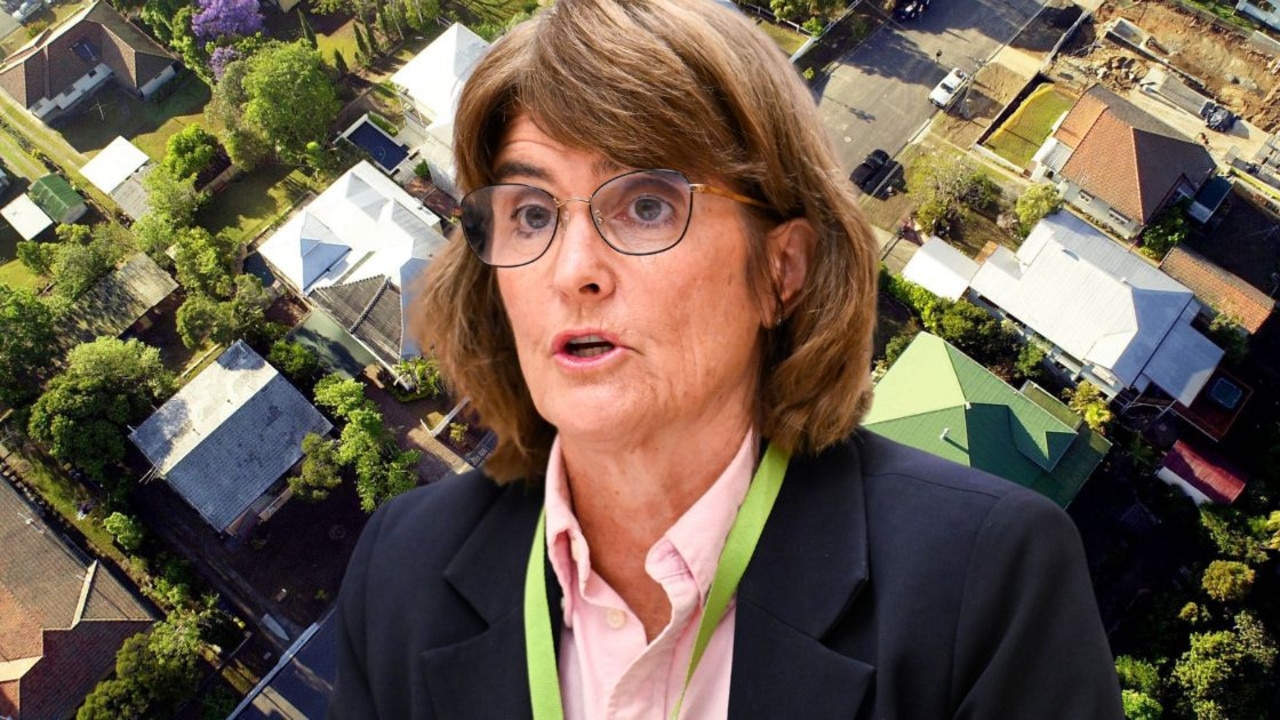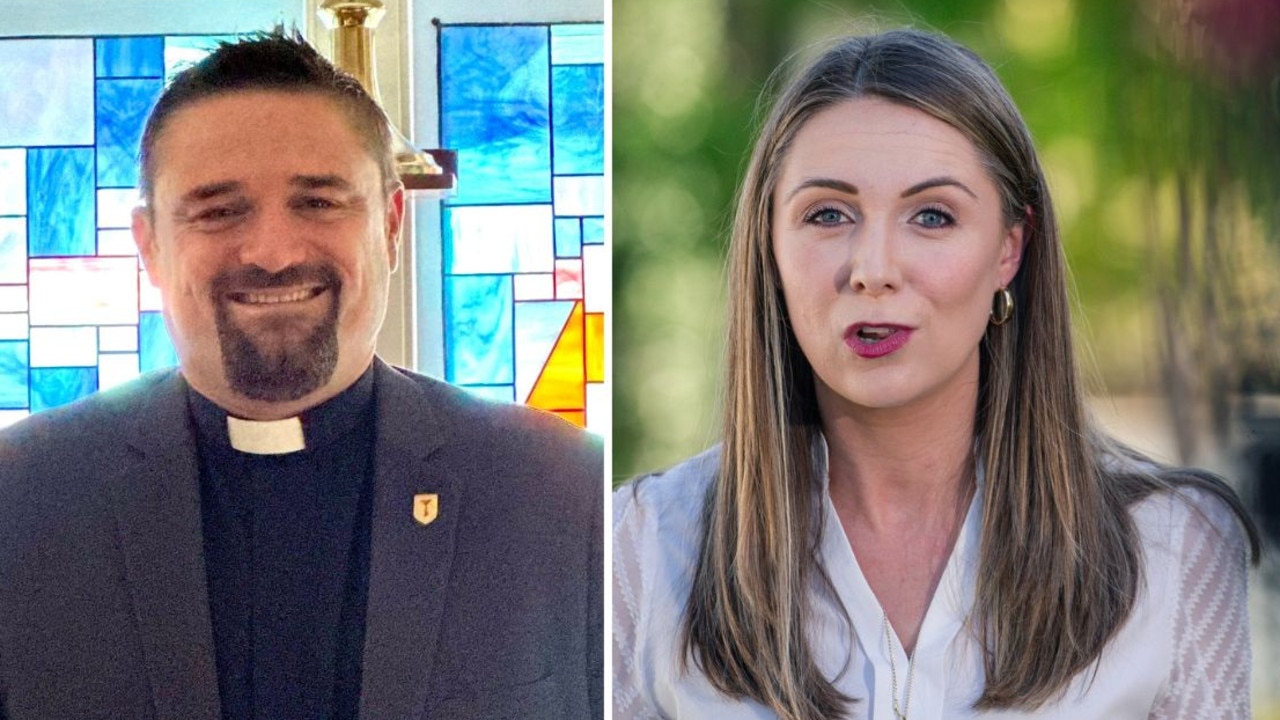Images of heartache: The blood, the horror and the grief
Horrible, horrible things happen to the human body in crashes. Bodies spread across the bitumen and people burnt alive as they sat clutching the steering wheel. Sifting through pictures of road crashes gives an insight into the devastating scenes witnessed by emergency services, writes Kate Kyriacou.
CM Insight
Don't miss out on the headlines from CM Insight. Followed categories will be added to My News.
YEARS ago, as a young reporter, I met with police for a story I was writing on a series of unsolved hit and run crashes. Some were recent cases. Others had remained unsolved for decades. After interviewing a senior officer, I asked whether they had any photographs of the crash scenes that would be appropriate for print.
GRIEVING FAMILY URGES DRIVERS TO TAKE CARE ON ROADS
Sure, the officer told me, and led me to a small room with shelves and shelves of photo albums.
“Help yourself,” he said. “We don’t have time to go through them for you.”
His offer came with a warning. To get to the photographs I needed, I would have to go through many – hundreds as it turned out – that I might find confronting.
‘WE WILL NEVER KNOW HAPPINESS AGAIN’: OLIVIA DOUGLAS’ FAMILY
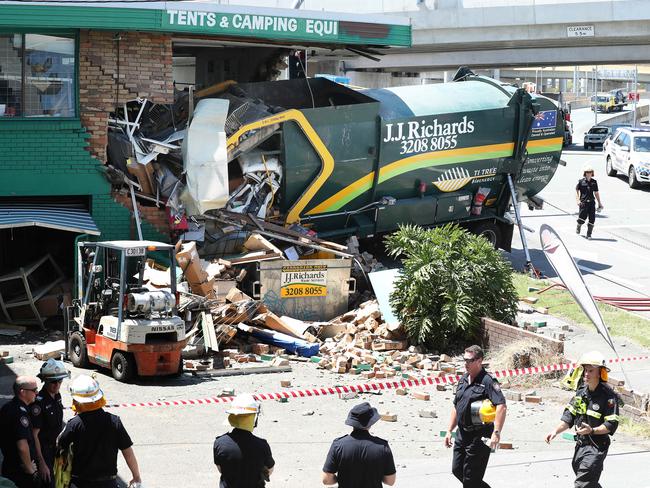
But I thought I was brave enough, so I settled in to do my job. Stories like the one I was writing always carried the possibility that someone reading might know something that could help police. Every journalist wants to help solve a crime.
WHY MEN ARE DYING IN DROVES ON OUR ROADS
I turned those pages with horror. Horrible, horrible things happen to the human body in crashes. Bodies spread across the bitumen, people burnt alive as they sat clutching the steering wheel and plenty more that I won’t describe. But what I saw that day doesn’t compare to what our emergency services workers see every day, in the flesh, the blood and the horror and the grief.
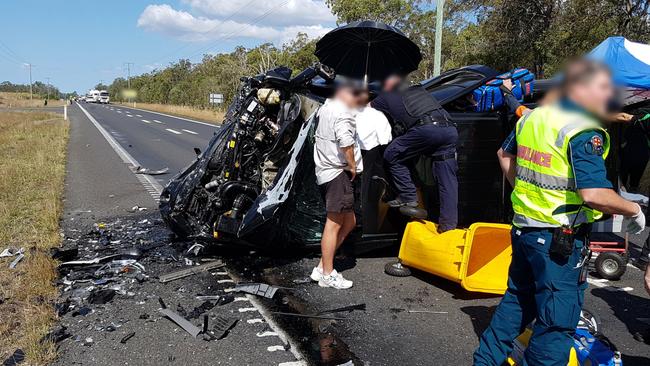
And with this campaign The Courier-Mail is embarking on, they all have the same message: if people could see what we see, they wouldn’t drive the way they do. They wouldn’t drive so recklessly. They wouldn’t speed or reach for their phone.
As a journalist, like most of my colleagues, I have been to crash scenes, seen the grief, the mangled metal, sat with families in their living rooms and flipped the pages of family albums as they’ve cried and talked about the person they’ve lost.
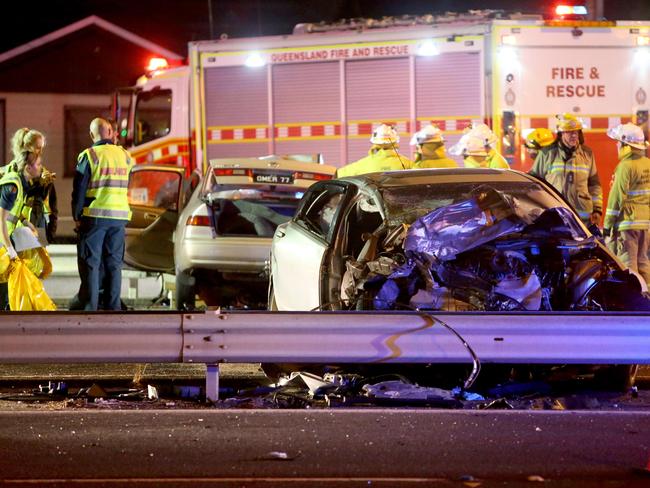
I’ve reported on crashes where a lost passenger, believed thrown from the vehicle, was eventually found crushed into the foot well. I’ve reported on crashes where police have pulled a piece of twisted metal from around a power pole to find a survivor’s severed leg.
I’ve knocked on the door of a grieving father whose son and two of his mates were killed in a crash the night before.
“Come in,” he’d told me, and I’d followed him into a house set up for his son’s 18th birthday party, with balloons and streamers and presents. A party that should have been held that day.
I’ve heard the stories of police officers who have lain on the road, holding the hand of a dead boy or girl, sometimes for hours, until more help arrived, because they wanted to be able to tell the family that someone was with them the whole time. Somebody had cared.
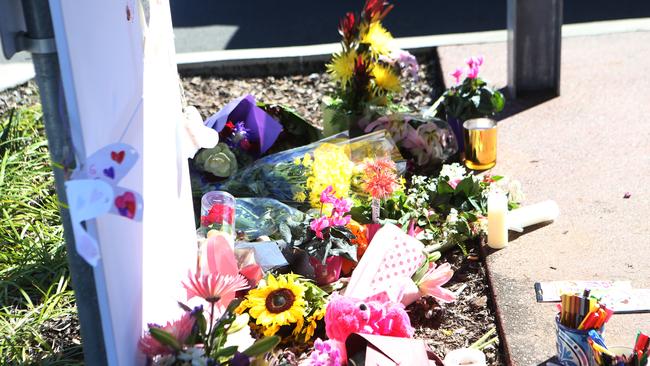
I’ve stood at the funeral of my cousin, killed by a drunk driver, a cousin who never drank himself, who for years had been everyone’s designated driver, who’d driven me home from countless New Year’s Eve parties, to make sure I got home safe. He hadn’t got home safe that day. He’d died in a quiet suburban street, just a couple of blocks from home.
But nothing I have ever seen or heard compares to what our police see every day, what our paramedics and firefighters see.
So when they speak up and say that this does not have to happen, that the police operations, the speeding fines, the advertising campaigns, all these things, they don’t have to happen - if only people changed their behaviour - we should all listen.
As one trauma doctor told us, if people didn’t speed, if people wore seatbelts and didn’t get behind the wheel while drunk or drugged or overtired, if people only obeyed the rules, the road toll that we too readily accept; the deaths that we barely blink at – unless it is someone we know – they would barely occur.
It’s just all so preventable.

